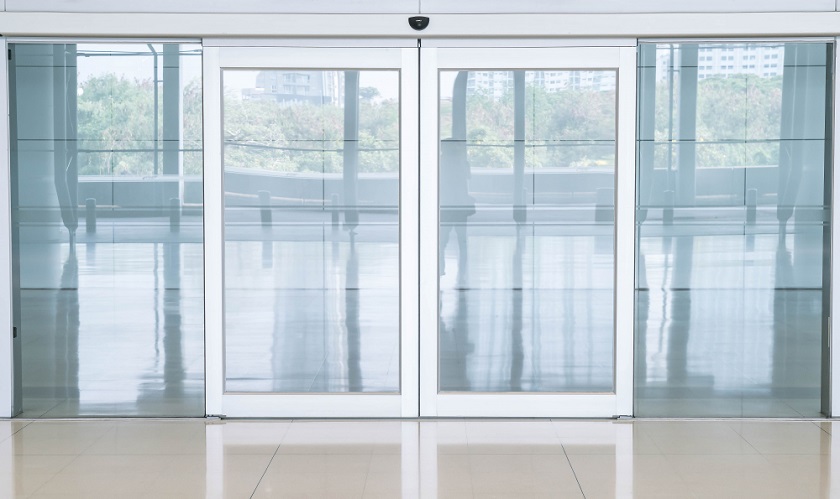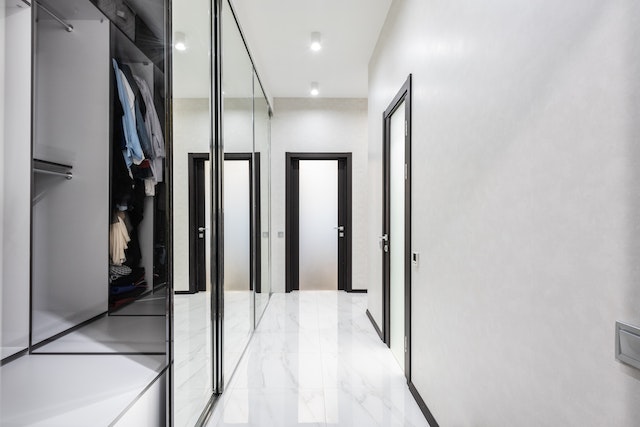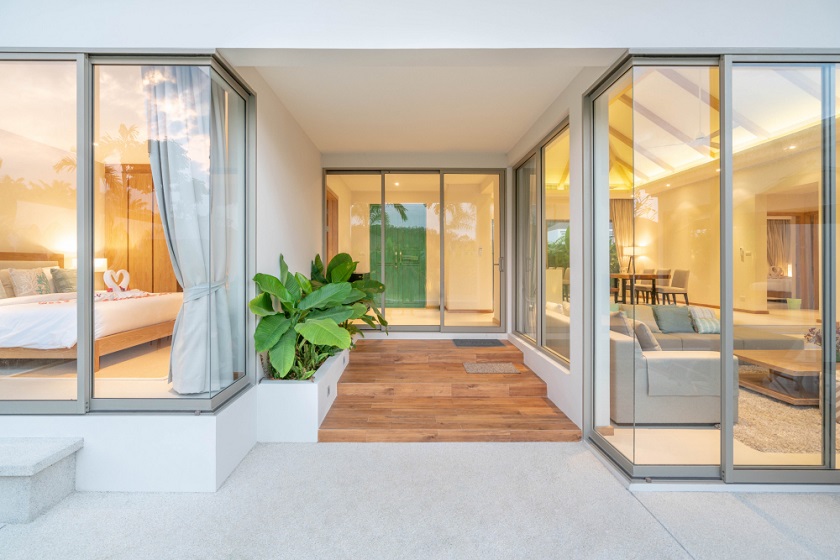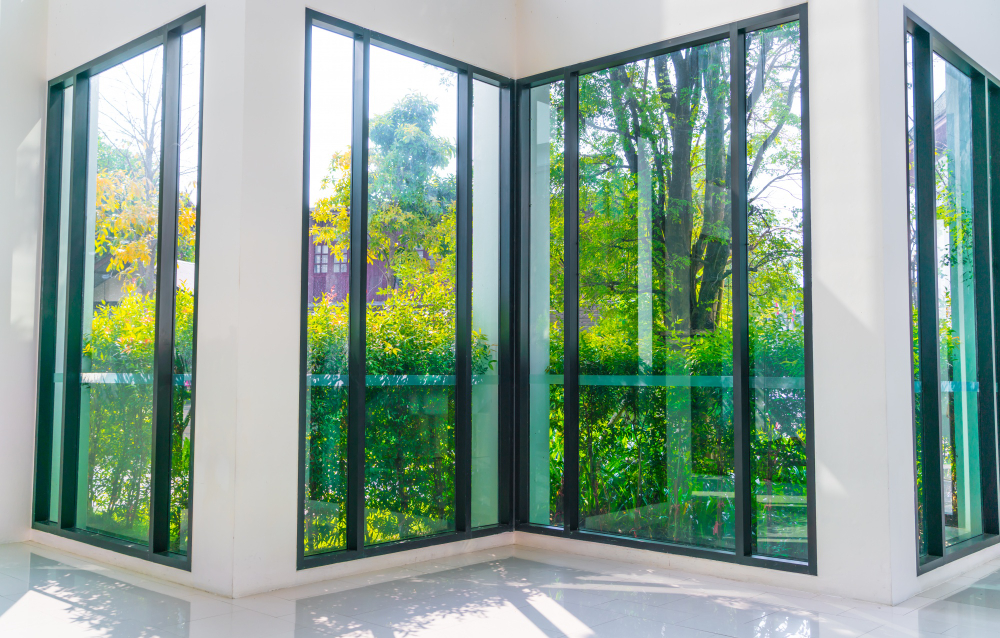When it comes to choosing the right doors for your home, the decision between double glazed and single glazed doors can be a significant one. Each option has its own set of advantages and disadvantages, and the choice ultimately depends on your specific needs, preferences, and budget. In this article, we’ll explore the key differences between double glazed and single glazed doors to help you make an informed decision.
Understanding the Basics
Before delving into the comparison, it’s essential to understand what double glazed and single glazed doors are:
Single Glazed Doors: Single glazed doors consist of a single pane of glass in a frame. They are the traditional and most basic type of doors, commonly found in older homes.
Double Glazed Doors: Double glazed doors, on the other hand, feature two panes of glass separated by a gap filled with air or an insulating gas, such as argon. This design enhances insulation and energy efficiency.
Energy Efficiency
One of the most significant differences between these two types of doors is their energy efficiency.
Single Glazed Doors: Single glazed doors provide little to no insulation. They are notorious for allowing heat to escape in the winter and hot air to infiltrate during the summer. This lack of insulation can lead to higher energy bills as your heating or cooling systems work harder to maintain a comfortable indoor temperature.
Double Glazed Doors: Double glazed doors are renowned for their excellent insulation properties. The air or gas-filled gap between the glass panes acts as a barrier, preventing heat transfer. This results in a more stable indoor temperature and reduced energy consumption, leading to potential cost savings over time.
Sound Insulation
If noise pollution is a concern in your area, you’ll want to consider the sound insulation properties of your doors.
Single Glazed Doors: Single glazed doors provide minimal sound insulation. They allow outside noises, such as traffic or neighborhood sounds, to easily penetrate your home.
Double Glazed Doors: Double glazed doors excel at sound insulation. The additional glass pane and insulating gap significantly reduce the transmission of outside noise, creating a quieter and more peaceful indoor environment.
Security
Home security is a paramount concern for many homeowners. Let’s compare the security features of these two door types.
Single Glazed Doors: Single glazed doors are generally easier to break through compared to double glazed doors. The single glass pane can shatter upon impact, making it less secure.
Double Glazed Doors: Double glazed doors are inherently more secure due to their dual glass panes. Breaking through both panes is more challenging, providing an added layer of security for your home.
Cost Considerations
Cost is often a primary factor in the decision-making process.
Single Glazed Doors: Single glazed doors are typically more budget-friendly upfront. They are a cost-effective option if you have a limited initial budget for door replacement.
Double Glazed Doors: Double glazed doors tend to be more expensive upfront due to the added materials and complexity of their construction. However, they can lead to long-term savings on energy bills and potentially increase the resale value of your home.
Aesthetics and Design
The appearance of your doors can greatly impact your home’s overall aesthetics.
Single Glazed Doors: Single glazed doors offer a classic and traditional look. They can be suitable for homes with a vintage or historic design.
Double Glazed Doors: Double glazed doors come in a wide variety of styles and designs, making them a versatile choice for both modern and traditional homes. They can enhance the visual appeal of your property while providing excellent functionality.
Environmental Impact
If you’re concerned about reducing your carbon footprint, the environmental impact of your door choice is worth considering.
Single Glazed Doors: Single glazed doors tend to be less environmentally friendly due to their poor energy efficiency. They can contribute to higher energy consumption and greenhouse gas emissions.
Double Glazed Doors: Double glazed doors are a more environmentally responsible choice. Their superior insulation properties help reduce energy consumption, leading to a lower environmental impact.
Maintenance
Finally, consider the maintenance requirements of each door type.
Single Glazed Doors: Single glazed doors are relatively easy to maintain. Cleaning and repairing a single glass pane is straightforward and often less costly.
Double Glazed Doors: Double glazed doors may require more maintenance. If the seal between the glass panes is compromised, condensation can form inside, affecting visibility. Regular inspection and potential resealing may be necessary.
Conclusion
In the debate of double glazed doors vs. single glazed doors, there is no one-size-fits-all answer. The choice depends on your specific needs, budget, and priorities. If energy efficiency, sound insulation, and security are paramount, double glazed doors are likely the better option. However, if budget constraints or a particular aesthetic preference guide your decision, single glazed doors may suffice. Ultimately, it’s crucial to weigh the pros and cons carefully and choose the door type that aligns with your unique requirements and preferences for your home.




